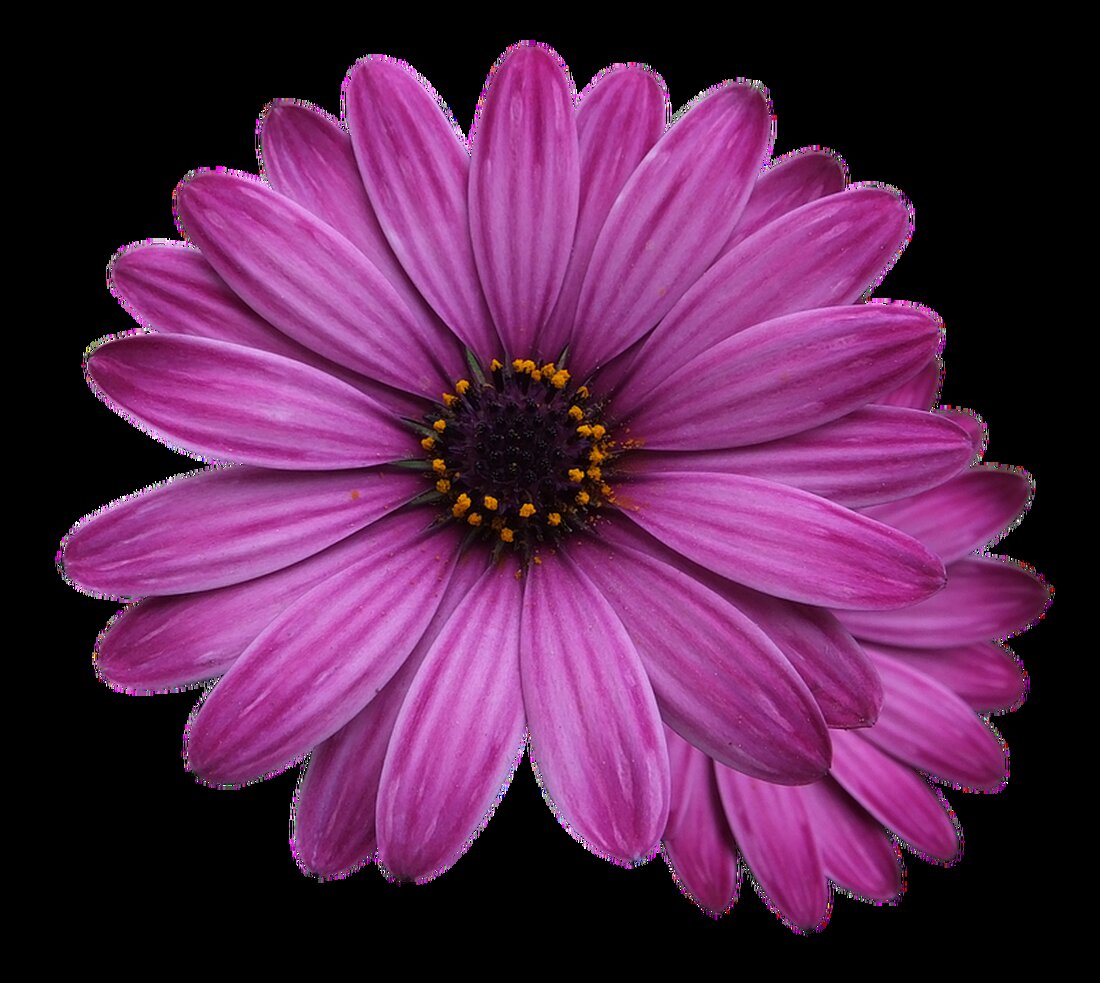Medicinal plants in global healthcare
Medicinal plants in global healthcare The use of medicinal plants in global healthcare has increased significantly in recent years. More and more people are looking for alternative treatments for various health problems, turning to traditional practices that have been used for centuries. Medicinal plants play an important role because they can offer natural healing and relief from symptoms. The following article will take a closer look at the importance of medicinal plants in global healthcare. The History of Medicinal Plants The use of medicinal plants to treat illnesses and ailments has a long history. Thousands of years ago, plants were...

Medicinal plants in global healthcare
Medicinal plants in global healthcare
The use of medicinal plants in global healthcare has increased significantly in recent years. More and more people are looking for alternative treatments for various health problems, turning to traditional practices that have been used for centuries. Medicinal plants play an important role because they can offer natural healing and relief from symptoms. The following article will take a closer look at the importance of medicinal plants in global healthcare.
The history of medicinal plants
The use of medicinal plants to treat diseases and ailments has a long history. Plants have been used by people thousands of years ago to alleviate physical and mental suffering. In many cultures, certain plants were considered sacred and used in ritual ceremonies. Knowledge about the effects of medicinal plants was passed on from generation to generation and eventually found its way into written records.
Traditional healing systems and their use of medicinal plants
Traditional healing systems based on the use of medicinal plants have developed over time in various cultures around the globe. Here we want to look at some of the most well-known systems.
Ayurveda from India
The Ayurveda system from India looks back on a history that is over 5,000 years old. It is a holistic approach to health and emphasizes the importance of a balanced lifestyle in preventing disease. Ayurvedic medicine is based on the use of medicinal plants. It uses herbal extracts, powders and oils to treat various health problems.
Traditional Chinese Medicine (TCM)
Traditional Chinese Medicine is another important healing system based on the use of medicinal plants. TCM places great emphasis on the balance of the body and views illness as an imbalance of yin and yang. The use of medicinal plants is an important part of Chinese medicine. Herbal preparations such as ginseng, ginkgo or chrysanthemums are used to strengthen the body's self-healing powers and restore balance.
Modern medical use of medicinal plants
Modern medicine has also begun to use the active ingredients of medicinal plants and process them into medicines. Using modern analysis methods, the ingredients of medicinal plants can be isolated and used in controlled doses to treat diseases. There are many examples of the use of medicinal plants in modern medicine:
St. John's wort
St. John's wort is used to treat depression. It has a mood-enhancing and anti-anxiety effect. Studies have shown that St. John's Wort is as effective as some common antidepressants for mild to moderate depression.
chamomile
Chamomile is often drunk as a tea to relieve gastrointestinal problems. It has anti-inflammatory and antispasmodic effects and can help with abdominal pain, flatulence and diarrhea.
Echinacea
Echinacea, also known as echinacea, is used to strengthen the immune system. It is often used to prevent and treat colds and flu-like infections. Studies have shown that echinacea can reduce the duration and severity of colds.
Challenges in the use of medicinal plants
Although there are many benefits to using medicinal plants, there are also challenges that need to be considered. One of the biggest challenges is the quality and safety of the plants used. Since these are often natural products, the ingredients and dosages can vary. It is important that medicinal plants are obtained from trusted sources to ensure the quality and effectiveness of the products.
Another challenge is to preserve and develop knowledge about the use of medicinal plants. In many traditional cultures, knowledge of medicinal plants is passed down orally from generation to generation. It is important to document this knowledge and examine it in modern studies to confirm the effectiveness and safety of the plants used.
Conclusion
The use of medicinal plants in global healthcare provides an alternative treatment option for various health problems. Traditional healing systems, such as Ayurveda and Traditional Chinese Medicine, have relied on medicinal plants for centuries. Modern medicine has begun to use the active ingredients of medicinal plants and confirm their effectiveness through scientific studies. However, it is important to check the quality and safety of the medicinal plants used and to preserve and develop knowledge about their use.

 Suche
Suche
 Mein Konto
Mein Konto
